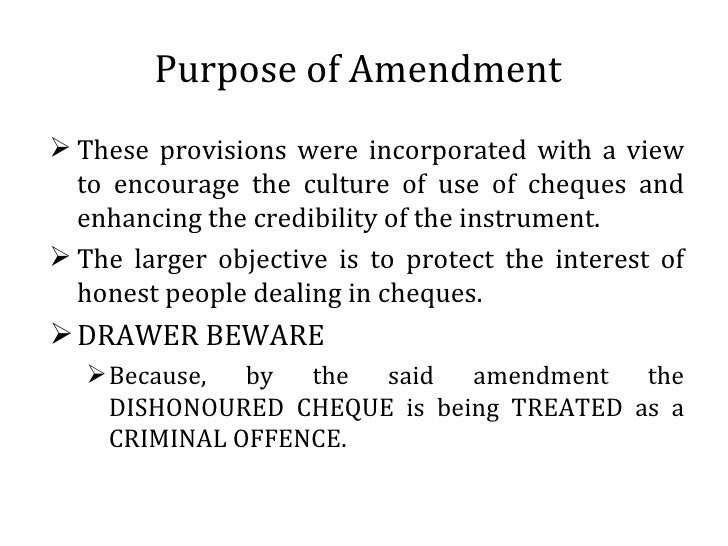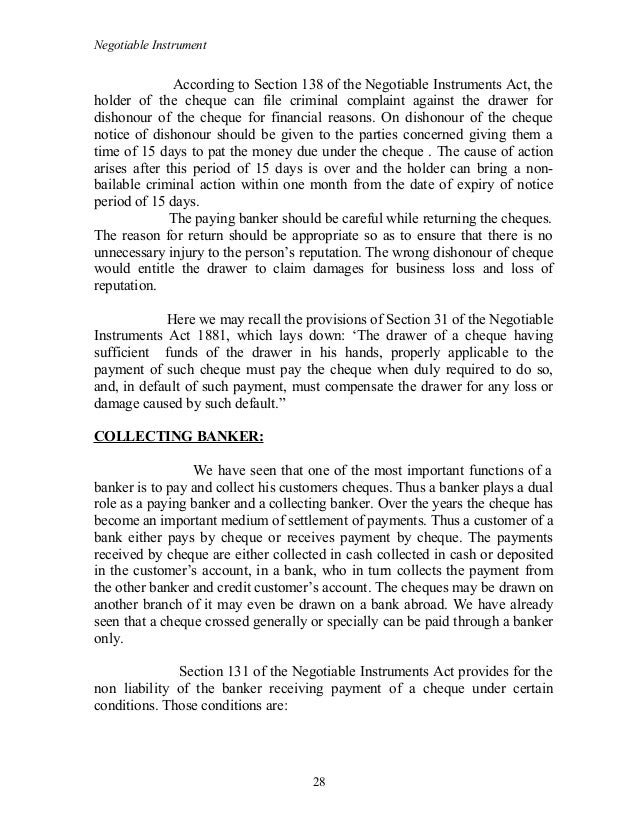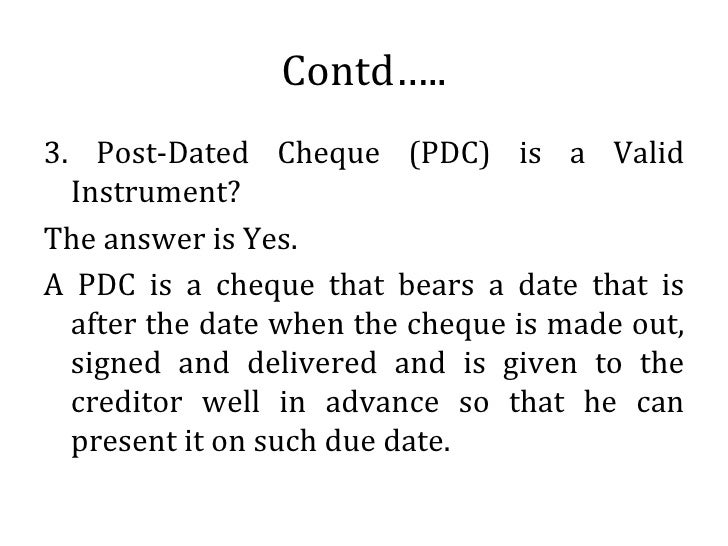13.09.2019
Section 138 Of Negotiable Instrument Act In Bangladesh
Section 138 Of Negotiable Instrument Act In Bangladesh Rating: 3,2/5 4349 votes

Subject: Notice Under Section 138 of Negotiable Instrument Act,1881 for Dishonor of Cheque for an amount of BDT 50,000. Dear Sir, We act on behalf of our client above named who has instructed us to serve upon you this notice under following terms and conditions: That our client is a reputed businessman and honourable person in his area. Section 138 of NI Act. Case Law: Civil Suit is no bar in filing criminal case under sec 138 of the NI Act. Filed Under: Business Law, Case Laws Tagged With: Negotiable Instrument, Section 138 of NI Act. Primary Sidebar. Fallout 4 best sorting mod. ISSN 2415-136X (online) Search this website. Follow Us on Facebook. First published in 2015, Bangladesh Journal of.
Check Dishonour Case


3. In this Act, unless there is anything repugnant in the subject or context,-
(a) “accommodation party” means a person who has signed a negotiable instrument as a maker, drawer, acceptor or indorser without receiving the value thereof and for the purpose of lending his name to some other person;
(b) “banker” means a person transacting the business of accepting, for the purpose of lending or investment, of deposits of money form the public, repayable on demand or otherwise and withdrawable by cheque, draft, order or otherwise, and includes any Post Office Savings Bank;
(c) “bearer” means a person who by negotiation comes into possession of a negotiable instrument, which is payable to bearer;
(d) “delivery” means transfer of possession, actual or constructive, from one person to another;
(e) “issue” means the first delivery of a promissory note, bill of exchange or cheque complete in form to a person who takes it as a holder;
(f) “material alteration” in relation to a promissory note, bill of exchange or cheque includes any alteration of the date, the sum payable, the time of payment, the place of payment, and, where any such instrument has been accepted generally, the addition of a place of payment without the acceptor's assent; and
(g) “notary public” includes any person appointed by the Government to perform the functions of notary public under this Act and a notary appointed under the Notaries Ordinance, 1961.
(a) “accommodation party” means a person who has signed a negotiable instrument as a maker, drawer, acceptor or indorser without receiving the value thereof and for the purpose of lending his name to some other person;
(b) “banker” means a person transacting the business of accepting, for the purpose of lending or investment, of deposits of money form the public, repayable on demand or otherwise and withdrawable by cheque, draft, order or otherwise, and includes any Post Office Savings Bank;
(c) “bearer” means a person who by negotiation comes into possession of a negotiable instrument, which is payable to bearer;
(d) “delivery” means transfer of possession, actual or constructive, from one person to another;
(e) “issue” means the first delivery of a promissory note, bill of exchange or cheque complete in form to a person who takes it as a holder;
(f) “material alteration” in relation to a promissory note, bill of exchange or cheque includes any alteration of the date, the sum payable, the time of payment, the place of payment, and, where any such instrument has been accepted generally, the addition of a place of payment without the acceptor's assent; and
(g) “notary public” includes any person appointed by the Government to perform the functions of notary public under this Act and a notary appointed under the Notaries Ordinance, 1961.